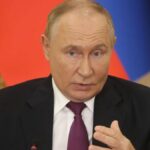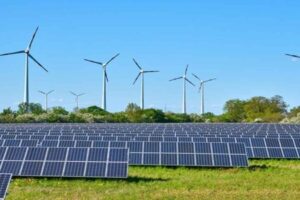The European Union is looking to conduct port calls and joint naval exercises with the Philippines in the South China Sea as part of its efforts to increase its maritime presence in the disputed waters to assert freedom of navigation, an official from the regional bloc said.
“We would look for opportunities for port calls and joint naval exercises as well,” EU special envoy to the Indo-Pacific region Richard Tibbels told Philstar.com when asked about which areas of capacity-building the 27-member grouping will focus on in the Philippines.
But Tibbels admitted that this would depend on whether EU member states have the ships in the region to team up with the Philippine Navy.
Still, he said, the EU intends to step up its naval presence in the South China Sea to show the importance the bloc attaches to freedom of navigation and respect for international law, including the UN Convention on the Law of the Seas.
More broadly, Tibbels said, the EU is looking to establish a coordinated maritime presence — a mechanism that can enhance coordination of naval and air assets of member states — “further east in the Indo-Pacific region.”
The Department of Foreign Affairs has said the government is crafting guidelines on maritime activities, including joint patrols, in the West Philippine Sea or the part of the South China Sea that the country claims.
The country’s claims over the waters overlaps with China’s claims over virtually the entire South China Sea, which has been declared void in a 2016 ruling by a Hague-based tribunal that Beijing still refuses to recognize.
‘Hands off geopolitical rivalry’
The targeted increase in naval presence in the South China Sea is part of the EU’s policy shift on the Indo-Pacific that saw the bloc step up its engagement in the region in response to intense geopolitical competition, particularly between US and China.
But Tibbels said the EU is “not in the business of geopolitical rivalry.”
“We’re very much in the business of open cooperation where we can identify joint interests, something we believe the countries of ASEAN are also interested in,” he said.
Back at home, Tibbels said the EU’s focus would be its Critical Maritime Routes in the Indo-Pacific Region program to enhance the country’s maritime domain awareness.
He added that the EU is also establishing a mirror site for its Copernicus satellite system, which he said “will significantly step up the capacities of this region to monitor weather events and help manage disasters when they emerge.”















